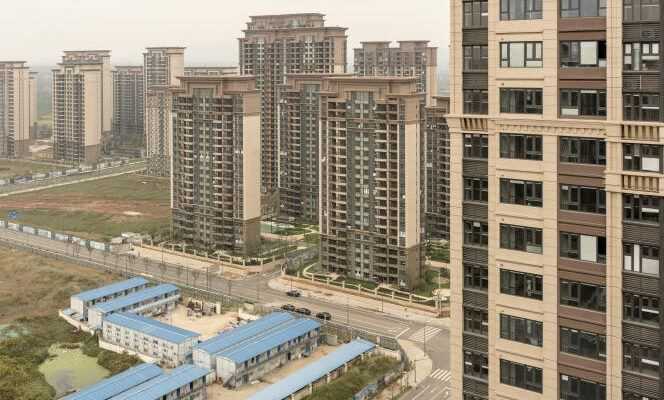The property tax project in China is a sea serpent: presented for twenty years as a solution to the many ills from which the real estate sector suffers, it has so far never been implemented. It is resurfacing today under the impetus of the Secretary General of the Communist Party, Xi Jinping, in favor of an effort to reduce inequalities and limit the excesses of the stone. In an article published on October 16 by the official review Qiushi, Xi Jinping specifies: “We need to actively promote legislation for a real estate tax, and advance work in pilot areas. “
There is no lack of arguments: in fifteen years, real estate prices have increased sixfold in China, reinforcing the inequalities between families living in the big cities which have benefited from the explosion in prices, and those in the countryside, whose children find themselves without assets and unable to buy an apartment, even if they would have obtained a job in one of these big cities. For the past few months, Chinese officials have been repeating the slogan uttered by Xi in 2017, which is that “Apartments are made for living, not for speculating”.
Risks and resistance
But the obstacles are numerous: according to the Central Bank of China, 60% of household wealth is invested in real estate (some estimates put the figure at 80%). A generalized property tax would have devastating effects on household consumption. By increasing the cost of holding real estate when 20% of apartments are empty in China, it would risk forcing many homeowners to sell, causing prices to drop.
“The imbalances are so deep that it doesn’t take much for the market to fall if you change the conditions, warns Logan Wright, director of research on China for the Rhodium Group. A tax would certainly limit speculation, but it would not necessarily be applied across the country, as the market is already very weak in the smaller towns. “
Aware of the risks and resistance, including within the Communist Party, many of whose officials own a lot of real estate, the authorities would thus favor for the moment tests in a dozen large “pilot” cities, and put the emphasis on the development of social housing, says the Wall Street Journal. Such a tax would finally fundamentally change the way in which local governments finance themselves: today, 40% of their resources come from the sale of land to property developers, according to the investment firm Orient Capital. But as field sales have fallen in recent months, this device would have the advantage of taking over.
